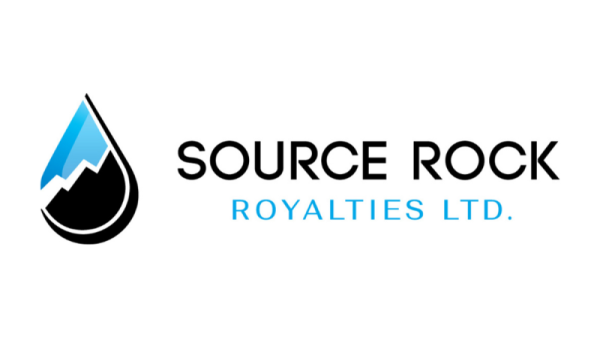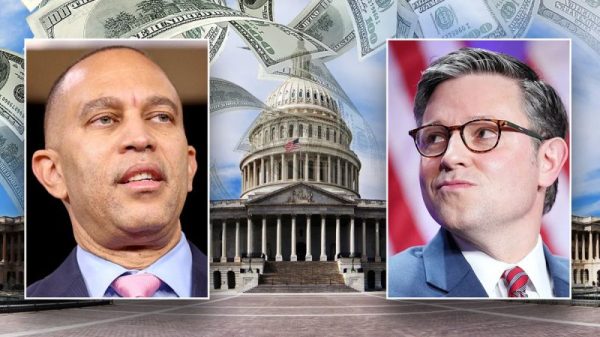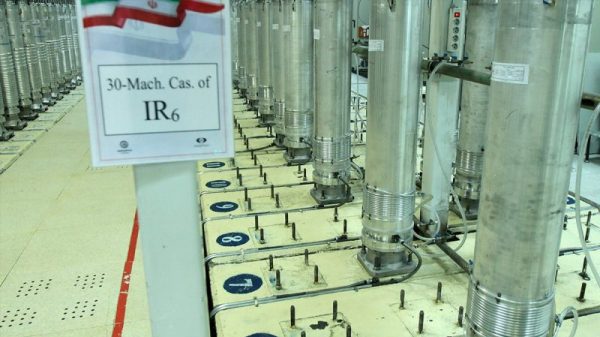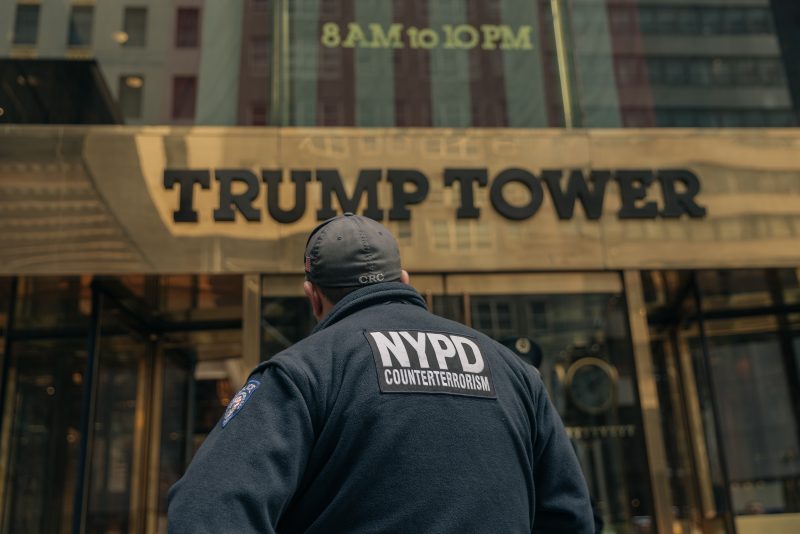A year offering no shortage of bad news for Donald Trump outdid itself Tuesday afternoon, with New York Supreme Court Justice Arthur Engoron ruling that the former president’s namesake business, the Trump Organization, had repeatedly and fraudulently inflated the value of its real estate properties.
The ruling held no shortage of condemnations for the company and for its lawyers, whose reliance on already-rejected arguments spurred Engoron to issue sanctions against them. But the ruling was also remarkable for its delineation of the scale of that inflation.
It was by no means a secret that Trump had a habit of overstating his net worth. This is well-documented, including in interviews where Trump announced that his net worth depended on his mood.
But there’s a difference between Trump, salesman-turned-politician overstating things to close the deal, and the Trump Organization presenting inflated data to potential lenders. In one case, Trump is trying to extract your vote in a marketplace bounded almost solely by the constraints of personal honesty and free speech. In the latter, there are legal ramifications for misleading potential investors — ramifications that the judge said should apply to the Trump Organization.
The ruling walked through the scale of the inflation undertaken by the Trump Organization over the past 10 to 15 years. For example, consider the gap in valuation given to Trump’s Seven Springs property in Westchester County, N.Y. The judge compared its appraised value with what was presented in Statements of Financial Condition (SFCs) presented to potential investors.
There is undeniably some subjectivity here, with appraised values varying over time and by appraiser. What the judge delineated, though, was a wide divergence between what the Trump Organization had been told by objective reviewers a property was worth and how the property was valued in financial documents.
At times, the valuations were explicitly based on false data, the judge noted, as in the case of Trump’s apartment in Manhattan’s Trump Tower: It was presented as extending over 30,000 square feet when, in reality, the space was only about a third of that size. Applying a price-per-square-foot to that exaggerated size meant a huge, inaccurate increase in presented value.
“A discrepancy of this order of magnitude, by a real estate developer sizing up his own living space of decades,” the judge wrote, “can only be considered fraud.”
The most contentious valuation was that applied to Mar-a-Lago, Trump’s home in Florida. It was presented as being worth as much as $612 million in Trump’s financial documents, despite restrictions on how the property could be used. An outside appraisal put the value closer to $28 million.
Trump’s son Eric was incensed, taking to social media Tuesday to claim that the judge was biased against his father and that, actually, Mar-a-Lago was “speculated to be worth well over a billion dollars.” And here, again, we see the gap between what you can say for political or engagement purposes and what you can drop in front of a potential business partner.
The New York Post, appearing eager to side with the longtime star of its gossip pages, scoffed at the objective appraisal included in the judge’s ruling, insisting that other assessments put the value of Mar-a-Lago at somewhere around $300 million. Those well-versed in mathematics will notice that this would still mean the $612 million Trump valuation was twice the actual worth of the property.
But here is a different approach. Instead of defending the Trump Organization’s inflation efforts, you can put them to work for you. The tool below allows you to choose a property value between $100,000 and $1 billion (for especially lucky readers) and see how those values might have been presented to investors had the Trump Organization’s inflationary metrics been applied. All of the calculations here are taken from the judge’s ruling, in which the presented value and assessed values are offered explicitly — as in the Seven Springs example above.
The tool is set at $400,000 to start, about the median sales price for U.S. homes this year.
What property value would you like to inflate? $400,000
Congratulations on your sudden surge in net worth. And good luck in court.







































